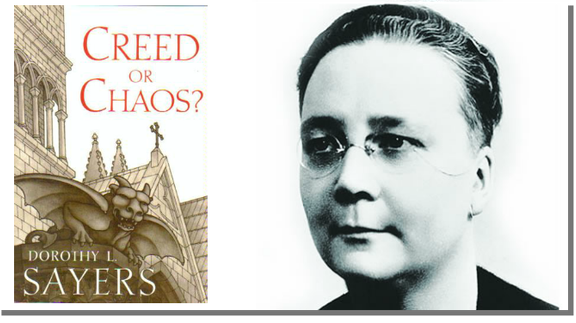Today You Shall Be with Me in Paradise
On this Good Friday, I am speaking in the service being held in my church—All Saints’ Episcopal in Lakeland, Florida. Here is what I’m sharing. Why crucifixion? What did one have to do to receive this particularly gruesome method of execution? There were two main reasons. One was terrorism (or imputed terrorism such as speaking out against Rome)—this was what the Jewish leaders used to convince Pilate that Jesus had to be crucified; he threatened Roman rule. Even though He… Read more »






